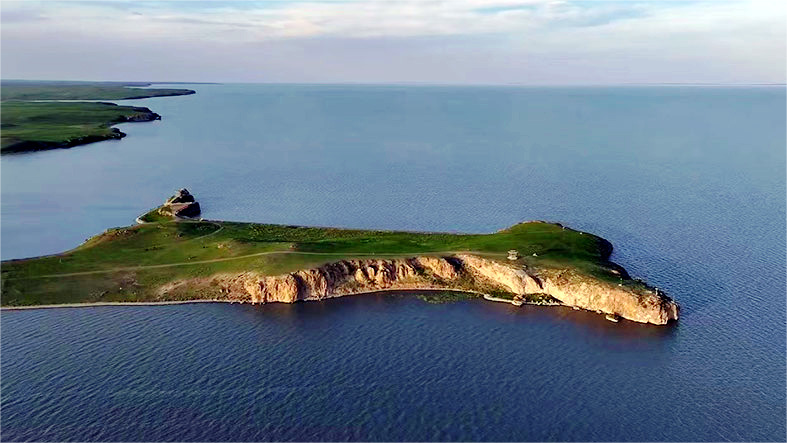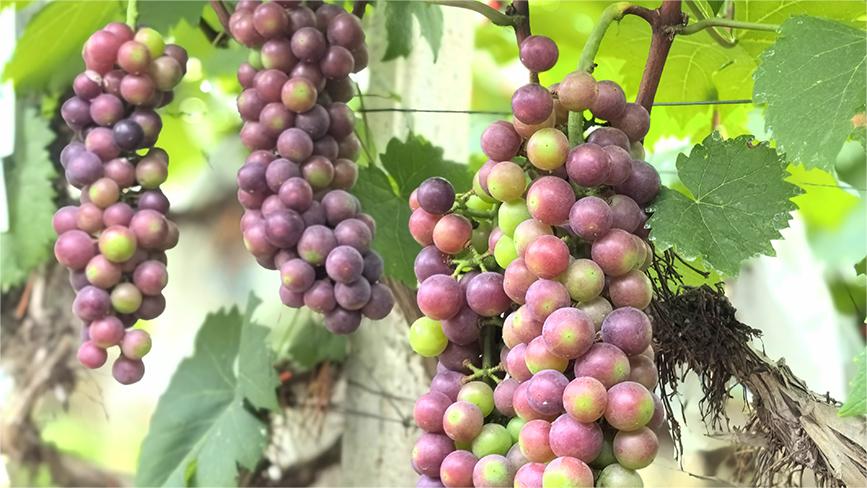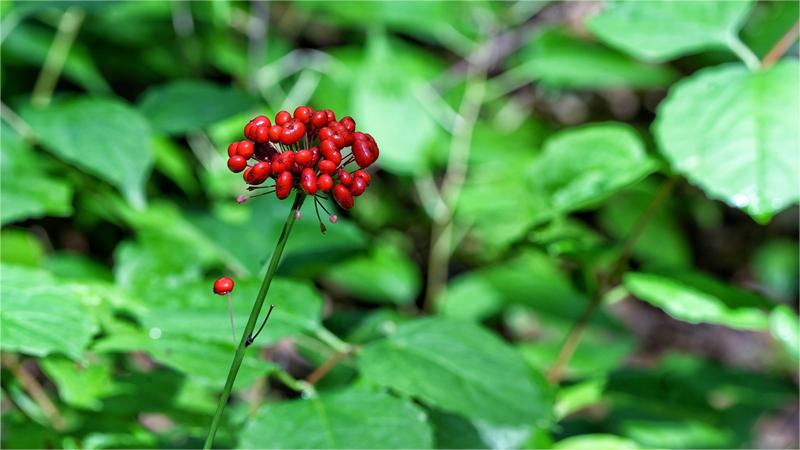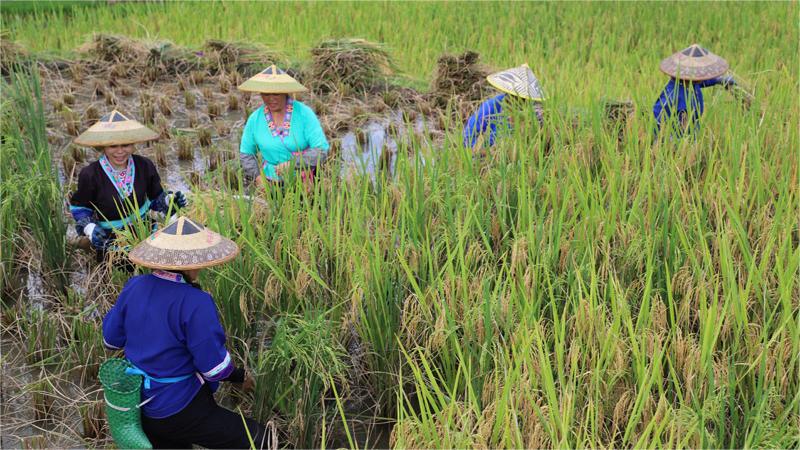Crabs raised on edge of desert in China's Xinjiang hit market
Hotan county is located on the edge of the Taklimakan Desert, northwest China's Xinjiang Uygur Autonomous Region. The saline and alkaline soil there poses challenges for plant survival. However, the unique soil composition benefits aquaculture.
At an aquaculture base in Yingairike township, Hotan, crab farmers are currently busy harvesting crabs from the breeding ponds. The crabs they gather are full of energy and in excellent condition.
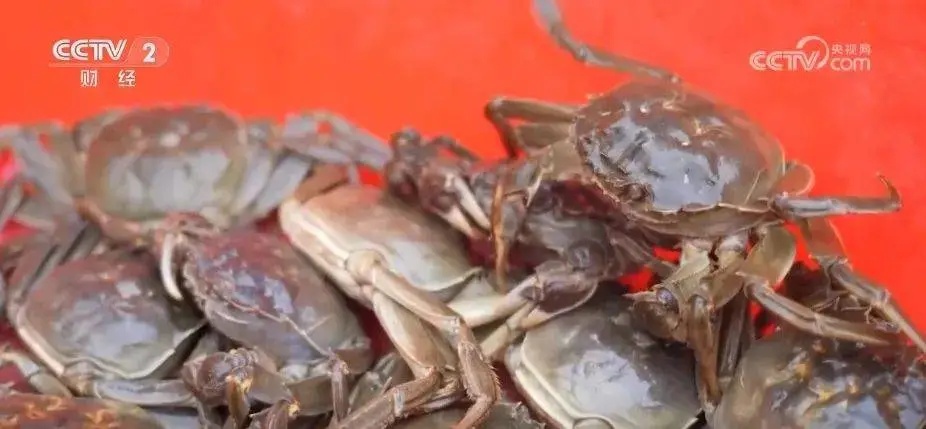
(Photo/CCTV.com)
In April, the base received 30,000 tonnes of crab seedlings from east China's Jiangsu Province. After more than four months of cultivation, they are now ready to be sold in the market.
While saline and alkaline soil poses difficulties for plant growth, its appropriate salt content stimulates crab growth, resulting in meat that is both firm and flavorful.
The primary water source for crab farming in the area is the nearby Yulong Kashgar River. During the flood season, the river water is channeled into the breeding ponds. This, coupled with the implementation of scientific farming techniques, ensures the optimal conditions for the crabs' growth and development.
According to the Institute of Fisheries Research in Xinjiang, there are currently dozens of crab farming bases throughout the region. Typically, crab seedlings are stocked in the spring and are ready for market by the end of August or early September.
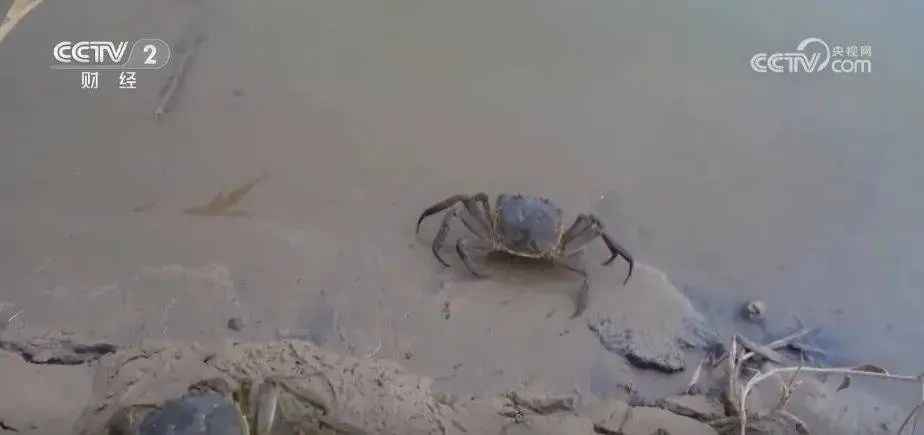
(Photo/CCTV.com)
"In recent years, shrimps and crabs from Xinjiang have been highly sought after both online and offline. As soon as the crabs hit the market, they are in high demand," said Wang Juan, a representative from a seafood company in Xinjiang.
Netizens have shown a particularly strong interest in these Xinjiang crabs. Their enthusiasm reflects the curiosity and interest surrounding this novel agricultural achievement, showing how innovative approaches to farming in challenging environments can yield surprising results and attract attention.
Photos
Related Stories
- Xinjiang resolution combating U.S. sanctions takes effect
- Xinjiang resolution against U.S. sanctions takes effect
- Uygur women hit hardest by U.S. sanctions on Xinjiang
- Sufficient electricity ensures accelerated production of dairy enterprises in Urumqi, NW China's Xinjiang
- Xinjiang thrives despite costly U.S. mud-slinging offensive
- Numbers show Xinjiang's rapid development
- Boy rides through flower field
- Xinjiang Story: Armed with novel tools, new generations become guardians of millennium-old city ruins
- Boy shows off brilliant horseback riding skills
- Wondrous Xinjiang: Xinjiang city wows tourists with delicious grapes, rich culture
Copyright © 2024 People's Daily Online. All Rights Reserved.






